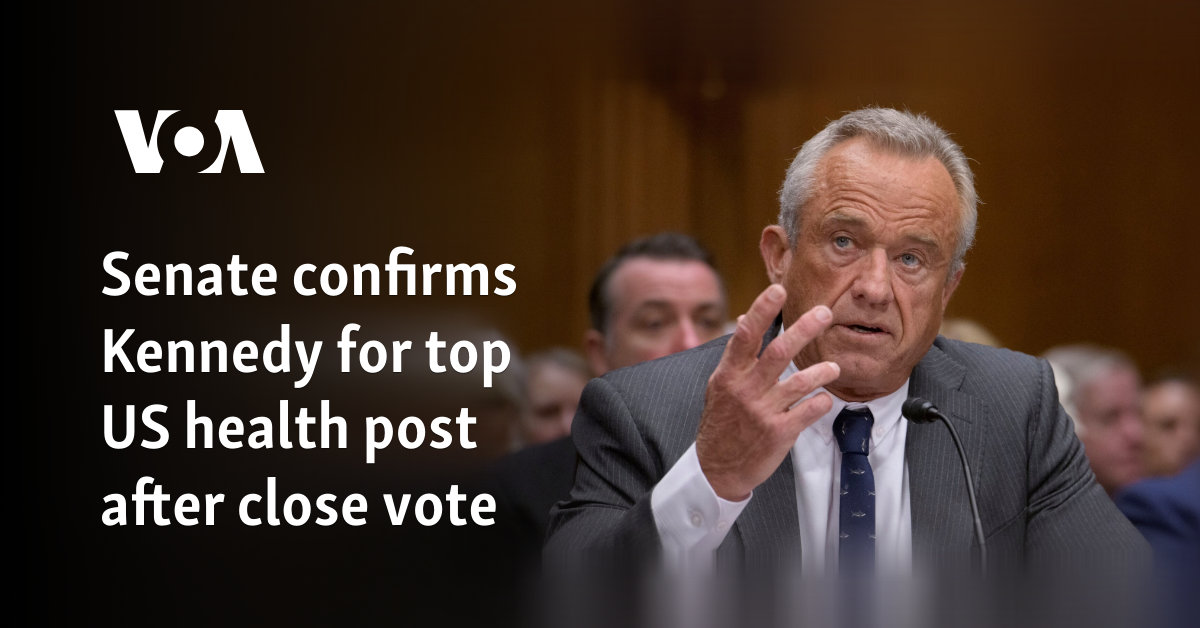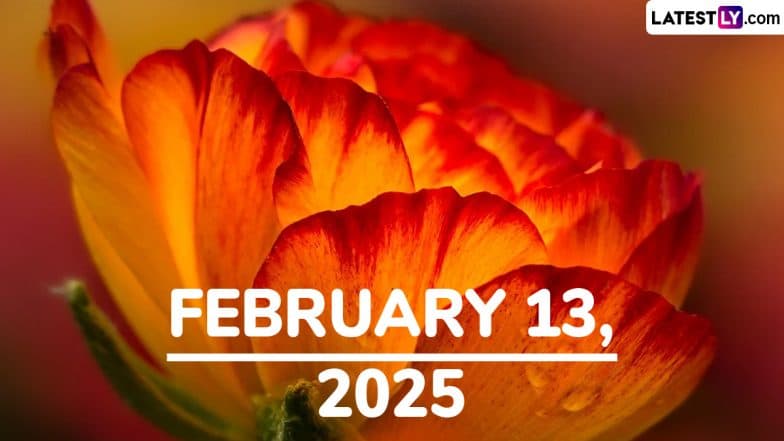A new report by the Mo Ibrahim Foundation has stated that Africa’s financing gap continues to widen, leaving the continent’s development agenda behind.
The key findings in this year’s Forum Report call for a financing paradigm shift to accelerate progress on Africa’s development and climate goals.
The report combines the latest data on various topics relating to Africa’s financing gaps to achieve climate and development goals.
The Mo Ibrahim Foundation’s (MIF) latest report, “Financing Africa: Where is the Money?” provides a comprehensive analysis of the financial needs deemed necessary for Africa to meet its development and climate goals and the resources currently available.
Based on the current challenges and discussions, the report concluded that finance remains an urgent issue for Africa.
The report points out that the resources mainly exist, but either lacks the relevant processes to be effectively allocated where needed or, significantly, when it comes to domestic resources, are either dormant or misused.
The report, published Wednesday, includes expert contributions from Akinwumi Adesina, president of the African Development Bank Group; Moussa Mahamat, chairperson of the African Union Commission; Amina Mohammed, deputy secretary general of the United Nations; Ajay Banga, president of the World Bank and Vera Songwe, founder and chair, Liquidity and Sustainability Facility and former executive secretary, United Nations Economic Commission for Africa.
Founded in 2006 by Sudan-born British business figure and telecommunications magnate Mohammed Ibrahim, who also serves as its chair, the MIF focuses on improving standards of governance and leadership in Africa and works to change misconceptions about the continent.
Commenting on the report’s release, Mr Ibrahim said: “We need a complete change of paradigm. This is not about Africa coming to the developed world with a begging bowl and developed countries considering how much more they can pledge. This is about smarter money, not just more money.”
As this report outlines, the money is already there, Mr Ibrahim added, but current processes prevent resources from being used to properly address the challenges.
“Steps must be taken to reform the international financing system and update African debt structuring, risk assessment and mitigation and aid conditionalities. Even more, our continent must stop squandering its own assets and take proper ownership and responsibility. In short, we must apply good governance to ensure these assets are adequately leveraged for the best interests of our people,” Mr Ibrahim said.
Details
The report first identifies the substantial but often incoherent numbers associated with Africa’s development and climate goals. While the task of assessing financial needs is complicated by inconsistent data from multiple sources, the figures all point to staggering numbers, it said.
The study then underscores the critical need to ensure climate finance does not crowd out development finance, forcing African nations to choose between development for their population and environmental sustainability.
The report also analyses financial contributions from non-African sources. Official Development Assistance (ODA) accounts for nearly 10 percent of the continent’s financial resources. However, ODA from Western donors remains primarily directed towards health and education and often comes with specific conditionalities.
Meanwhile, non-DAC countries’ commitment to Africa is growing steadily.
The researchers also suggested that debt cannot be the way out, as stock and servicing costs have tripled since 2009, and its increasingly complex structure renders traditional relief efforts obsolete.
But the main source could well be Africa’s domestic resources, which, according to the African Union, should on average cover between 75 per cent and 90 per cent of the needs to finance Agenda 2063.
However, most of those resources appear to be potential or dormant at best and are too often misused, the report said.
“Preventing leakages through Illicit Financial Flows (IFFs) could bolster resources by up to $100 billion annually, surpassing both ODA received ($81 billion annually) and remittances sent back to the continent ($97 billion annually).”
With the average tax-to-GDP ratio in Africa still at 15.6 per cent- half the OECD average – strengthening tax systems appears a quick win. Indeed, Africa lost $46 billion in corporate taxes due to tax incentives in 2019, more than half of ODA received.
The report further shows that taxation capacity stagnated across Africa between 2012 and 2021 and that revenue mobilisation efficiency experienced a large decline.
“Tax to GDP ratio in African resource-rich countries such as Nigeria and DR Congo remains under 10 per cent (6.7 per cent and 9.1 per cent respectively),” it said, noting that almost half of the African citizens would favour paying more taxes in exchange for better public services.
The report also highlights the potential of leveraging remittances, sovereign wealth funds, pension funds, and private wealth. Additionally, monetising Africa’s green assets, including biodiversity, critical minerals, and carbon-sinking potential, can unlock notable financial resources, provided that good governance and resource allocation to people’s development is ensured.
In terms of governance, more than half of Africa’s population lives in a country where Overall Governance has improved between 2012 and 2021.
However, governance progress over the decade is still hindered by diverging trajectories.
While more than 40 countries have made progress in the Ibrahim Index of African Governance (IIAG) categories for Economic Opportunity and Human Development, more than 30 countries have deteriorated in the categories of Security & Rule of Law and Participation, Rights & Inclusion.
Support PREMIUM TIMES’ journalism of integrity and credibility
At Premium Times, we firmly believe in the importance of high-quality journalism. Recognizing that not everyone can afford costly news subscriptions, we are dedicated to delivering meticulously researched, fact-checked news that remains freely accessible to all.
Whether you turn to Premium Times for daily updates, in-depth investigations into pressing national issues, or entertaining trending stories, we value your readership.
It’s essential to acknowledge that news production incurs expenses, and we take pride in never placing our stories behind a prohibitive paywall.
Would you consider supporting us with a modest contribution on a monthly basis to help maintain our commitment to free, accessible news?
Make Contribution
TEXT AD: Call Willie – +2348098788999









